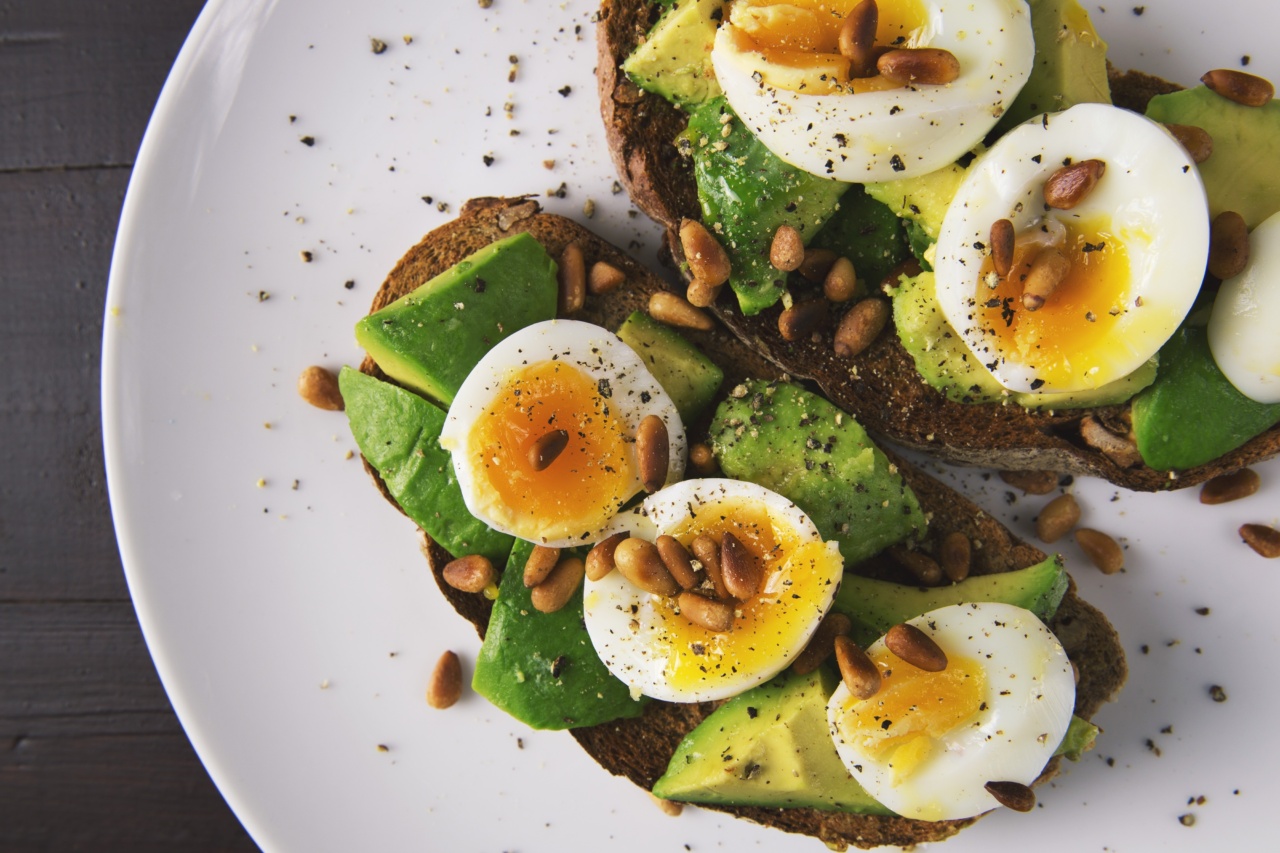As you age, your dietary needs change. It can be a challenge to adjust to new dietary requirements, especially if you have been used to eating a certain way for decades.
However, with a little bit of education on what your body needs as you age, and a few helpful tips, you can put together a delicious and healthy age-defying diet that will keep you feeling great for years to come.
Focus on Nutrient-Dense Foods
As you age, your body does not digest or absorb nutrients as efficiently as it did in your younger years. One way to help your body get the nutrients it needs is to focus on eating nutrient-dense foods.
These are foods that have a high ratio of nutrients to calories. Some examples of nutrient-dense foods include:.
- Leafy greens, like spinach, kale, and collard greens
- Colorful fruits and vegetables, like sweet potatoes, berries, and peppers
- Healthy fats, like avocado, nuts, and olive oil
- Lean protein, like fish, chicken, and beans
Watch Your Salt Intake
As you age, your body becomes more sensitive to salt. Eating too much salt can raise your blood pressure, which can lead to other health problems. To keep your salt intake under control, try these tips:.
- Avoid processed foods, which often have high amounts of salt
- Use spices and herbs to flavor your food instead of salt
- Rinse canned vegetables and beans before eating to reduce sodium levels
- Read labels and choose products that are low in sodium
Stay Hydrated
As you age, your thirst signals may not be as strong as they once were. This can lead to dehydration, which can cause a range of health problems. To make sure you get enough water, try these tips:.
- Drink water or other fluids throughout the day, even if you do not feel thirsty
- Avoid sugary drinks, which can dehydrate you
- Eat water-rich foods, like fruit and vegetables, which can help you stay hydrated
- Carry a water bottle with you so you can sip throughout the day
Eat More Fiber
Fiber is important for digestive health, and it can also help lower your risk of heart disease, diabetes, and other health problems. As you age, your body may have a harder time digesting food, so eating more fiber can help keep things moving smoothly.
Some high-fiber foods to add to your diet include:.
- Whole grains, like brown rice, quinoa, and whole-grain bread
- Fruit with the skin on, like apples and pears
- Vegetables, like broccoli, carrots, and Brussels sprouts
- Beans and legumes, like lentils and chickpeas
Choose Healthy Fats
Fats are an important part of any diet, but not all fats are created equal. As you age, it is important to choose healthy fats that can help protect your heart and brain. Some healthy fats to add to your diet include:.
- Avocado
- Nuts and seeds, like almonds and chia seeds
- Olive and coconut oil
- Fatty fish, like salmon and tuna
Avoid Excess Sugar
Sugar can be found in many foods, even those that are not “sweet.” As you age, you may become more sensitive to sugar, which can lead to a range of health problems, like obesity, diabetes, and tooth decay.
To keep your sugar intake in check, try these tips:.
- Avoid sugary drinks, like soda and sweet tea
- Choose whole fruit instead of fruit juice
- Read labels and choose products with no added sugar
- Choose sugar-free desserts or limit sweets to special occasions
Eat with Socialization in Mind
As you age, socialization becomes even more important for mental health and well-being. Eating with others can improve your mood, decrease feelings of loneliness, and even slow down cognitive decline.
Try to make family meals or regular dinners with friends a priority. If you live alone, consider joining a meal delivery program or signing up for a cooking class to meet new people.
Final Thoughts
The age-defying diet is all about eating foods that give your body the nutrients it needs to stay healthy and vibrant as you age.
By focusing on nutrient-dense foods, staying hydrated, eating more fiber, and avoiding excess sugar, you can put together a delicious and healthy diet that will keep you feeling great for years to come.






























